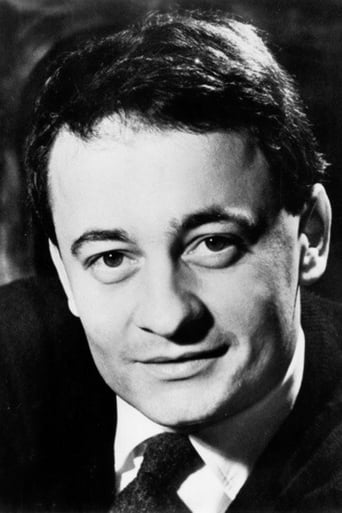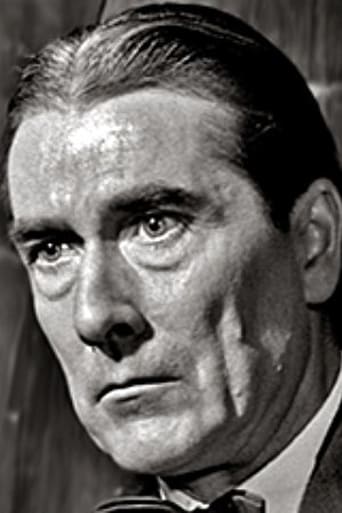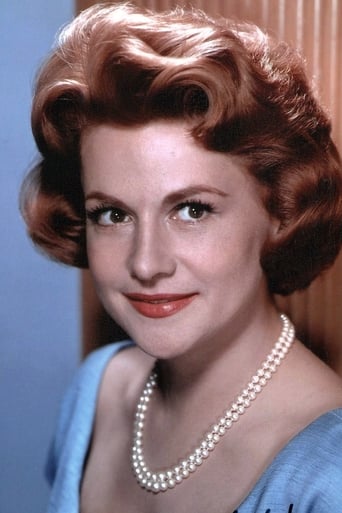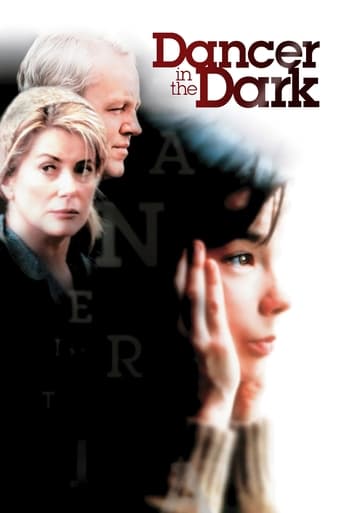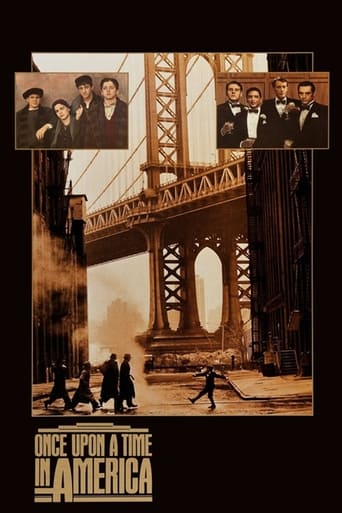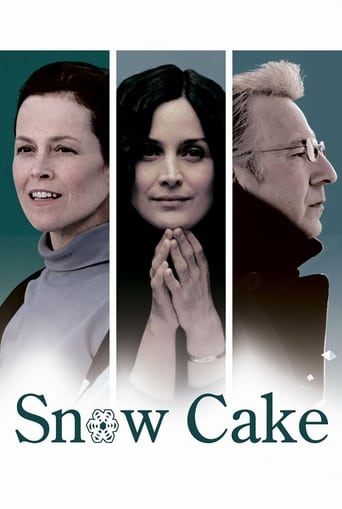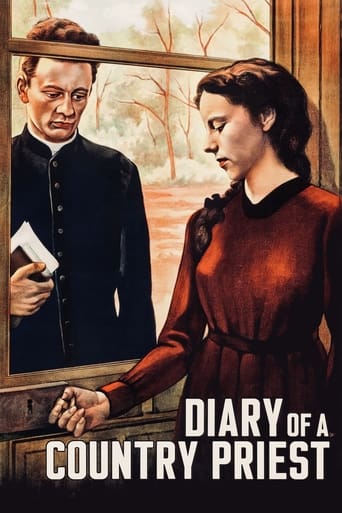
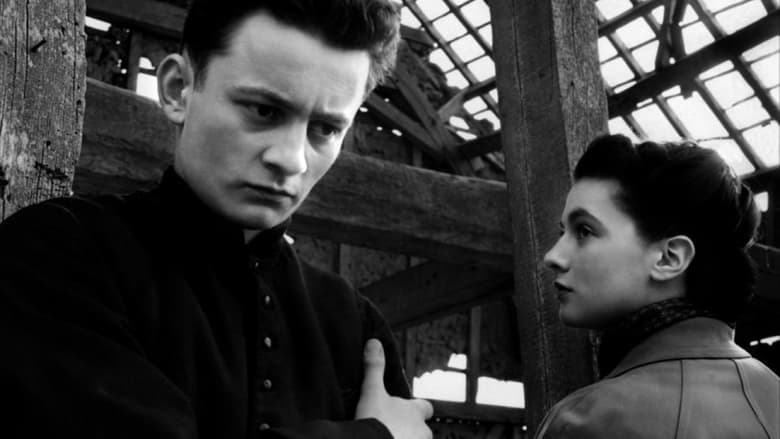
Diary of a Country Priest (1951)
An inexperienced, sickly priest shows up in the rural French community of Ambricourt, where he joins the community's clergy. But the locals don't take kindly to the priest, and his ascetic ways and unsociable demeanor make him an outcast. During Bible studies at the nearby girls school, he is continually mocked by his students. Then his attempt to intervene in a family feud backfires into a scandal. His failures, compounded with his declining health, begin to erode his faith.
Watch Trailer
Cast


Similar titles
Reviews
I have now watched three Bresson films with 'A Man Escaped' and 'Pickpocket' being the ones that I watched prior to this one. Each film has a male protagonist going through intense inner struggle but each of these three men have different sensibilities and worldly outlook. The priest in 'Diary of a Country Priest' is a physically petite and a psychologically broken character. He is burdened with doubt and is troubled by the hostility in his surroundings.Unfortunately just like the case was with the other two films, I found myself appreciating the film a whole lot more than finding it lovable. Just like 'A Man Escaped' I found myself frustrated with the overtly expository nature of the voice-over narration in the film. I find Bresson's exploration of faith and the priest's pursuit of the meaning of life and existence interesting, but I find Bresson's distant style with the coldness of movement(both in terms of acting and storytelling) very jarring considering the intimate nature of the subject itself.Bresson remains a director that I respect and whose importance in the history of French cinema, I acknowledge. However he also still remains for the time being, a filmmaker whose works I find frustrating.
In "Diary Of A Country Priest", Robert Bresson has made an almost impeccable film. He has neglected nothing in creating a nearly perfect masterpiece, and it is hard to determine its most outstanding quality. The photography was brilliant in its gloominess and the acting was real - so real that it gave the film unusual authenticity. Bresson also co-wrote the script, which was intelligent and lyrical in places and perhaps the best part of the film. And a previous reviewer has mentioned that he is a master of the mise-en-scene.An introspective young priest is assigned to a small parish in the French countryside - so small that he complains that only one parishioner attends daily mass - and brings some unwanted baggage with him. He is socially inept, a drab young fellow who makes little or no impression on anyone. He also doubts his commitment to his calling and is unable to gather any enthusiasm for praying. Lastly, he is ill with an undisclosed stomach ailment. The parish is poor, the parishioners unfriendly and nothing he does seems to satisfy anyone.I don't want to give too much away, but suffice it to say that the film stays with you long after it is over and the haunted and haunting young cure lingers in your mind. It is ultimately a downer, but the cinematic experience is nothing less than exhilarating. It played recently at the Film Forum in NYC.
One reviewer has mentioned the importance of the fact that the priest exists mainly on bread and wine. This seems to me to point to the fundamental theme in the movie. Because the movie doesn't simply portray the isolation of the priest from the community but also their isolation from him. In feeling isolated from him they resent him and treat him with some unkindness.What is the priest's disease? Surely, it is not so much cancer as his own purity. He is too much a priest and too little a human being. He sees his suffering as being godliness. As though it is some necessary part of being a priest. He chooses to suffer for the sake of his religion, whereas Christ endured his suffering because he had no choice.The priest hardly ever smiles. He looks out upon sinful humanity from the purity of his little room at the top and there is a great gulf between himself and them. He cannot relate to them nor they to him. In practicing his religion with youthful earnestness he overlooks one important fact. Jesus was above all a human being. He surrounded himself with humans, ate and drank with them, laughed and wept with them. He certainly knew that they sinned, but he also understood the reasons for it, and saw his role as that of the shepherd who cajoles his flock along the correct path, rather than that of someone who draws lines in the sand and says "This you must not cross". Above all, Jesus had compassion, a quality not so much lacking as suppressed by the young priest. In doing so he is unable to offer the daughter of the manor the love (NOT romantic love) which she yearns for.
While the beauty and power of this film can appeal to viewers of any religion or denomination (or none), I especially recommend it for Catholics.The original novel by Georges Bernanos is a splendid and often-forgotten jewel of Catholic literature, and I feel that this film does an outstanding job of "distilling" the story, capturing the essentials of the characters, atmosphere, and themes.It is one of the most genuine and realistic stories of life as a Catholic I've encountered. It's the story of a man who carries a heavy cross, undergoes a personal Passion, and (unknowingly) becomes a saint in the process. It is a fascinating insight into a man's spiritual life--both unique and universal. Although the priest has his own particular struggles, he is also a Catholic "everyman." Watching this film, I feel that I enter into an intimate and privileged relationship with a friend, brother, and father.This story reminds us that being a Christian and achieving holiness is often a very difficult and very lonely journey. But far from finding it depressing, I find this film not only moving but also affirming, and ultimately very uplifting. It inspires us to regard life as precious, whether good things or bad things happen to us--"All is grace."


